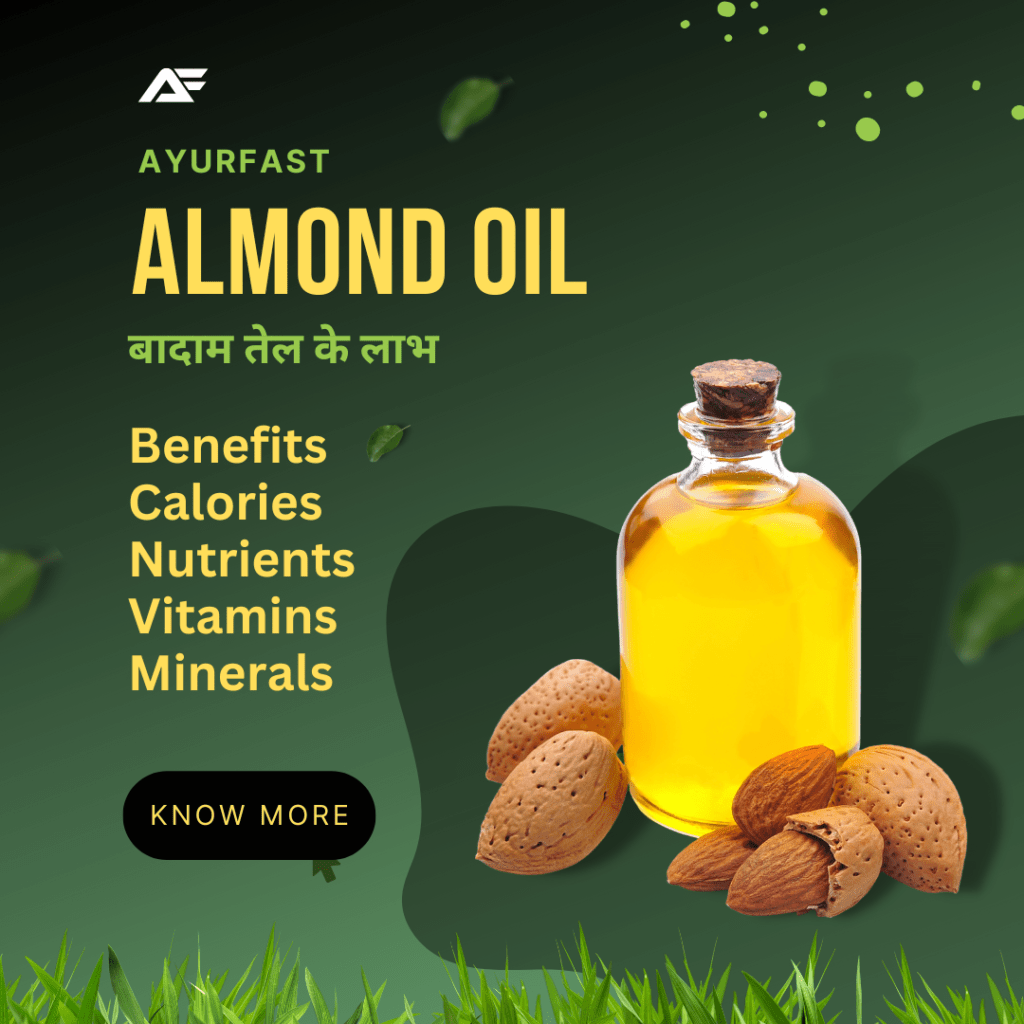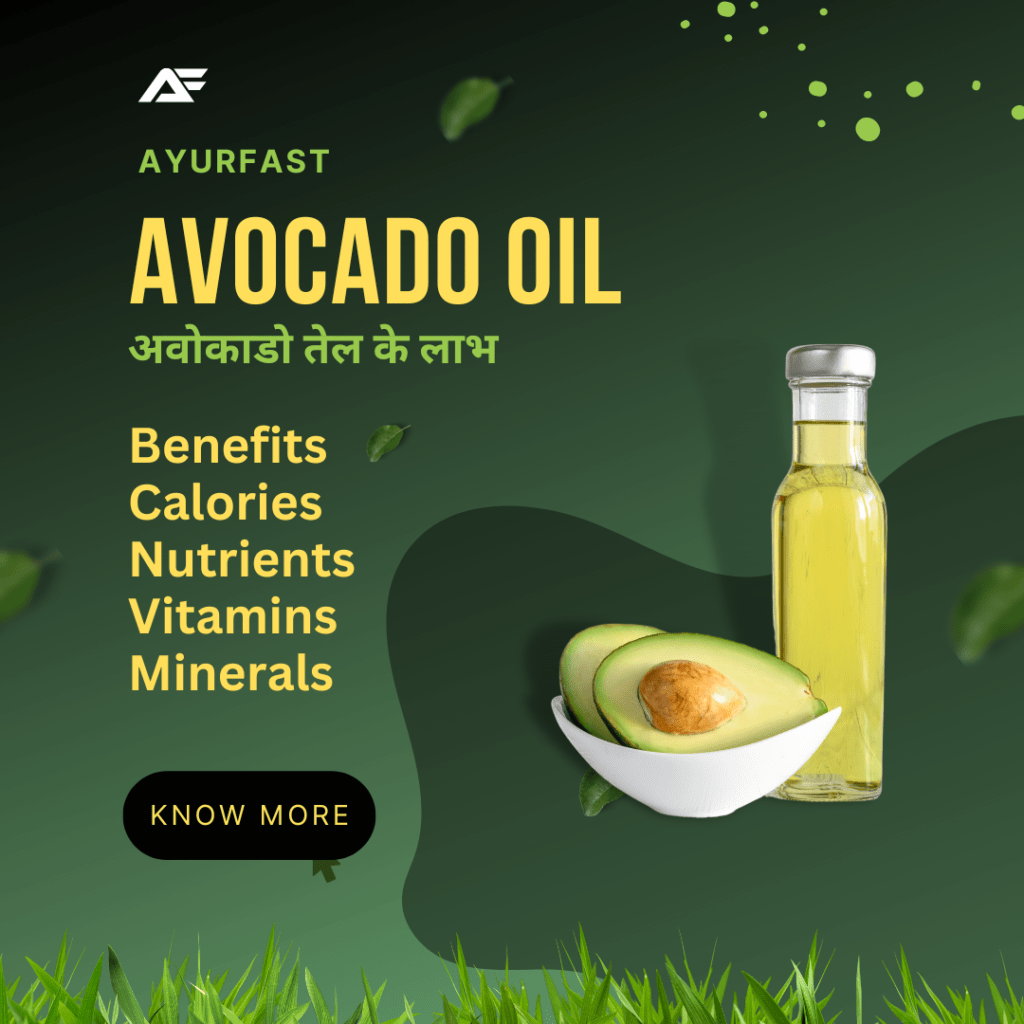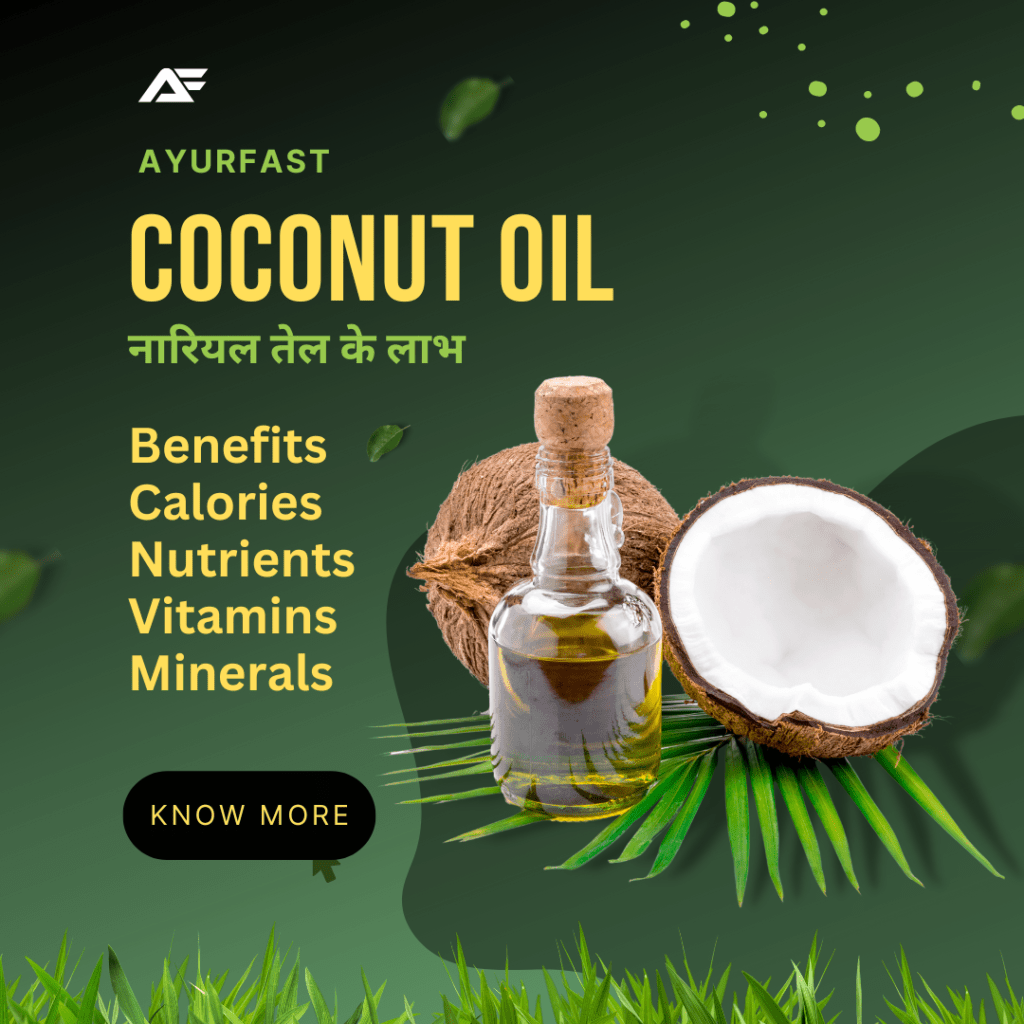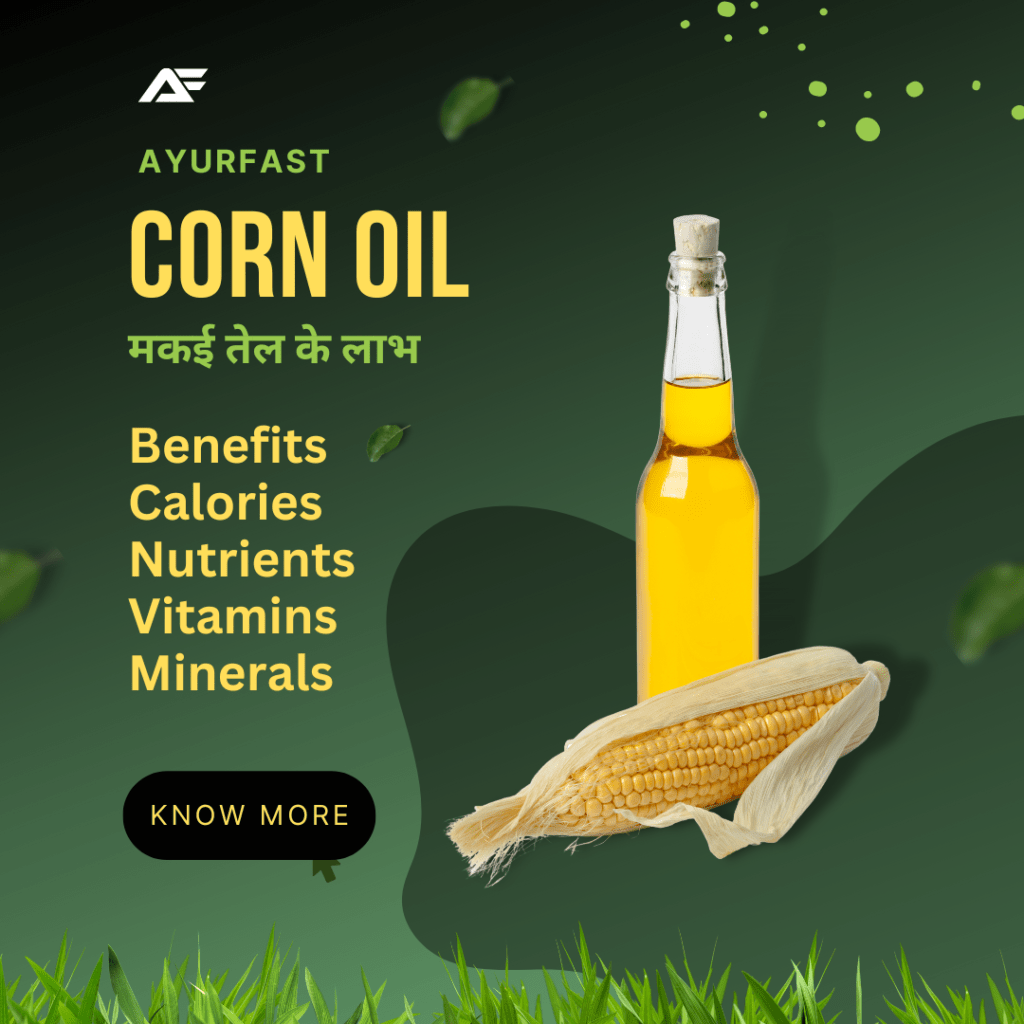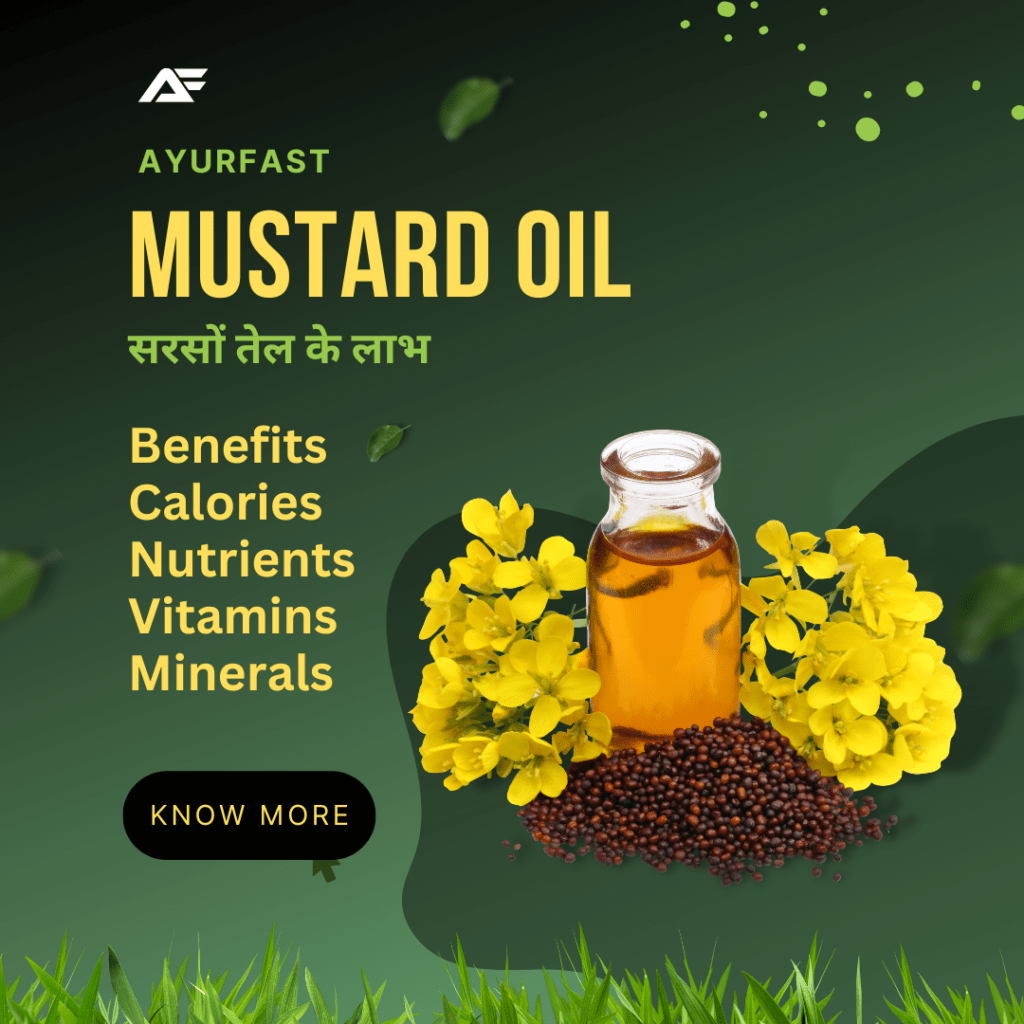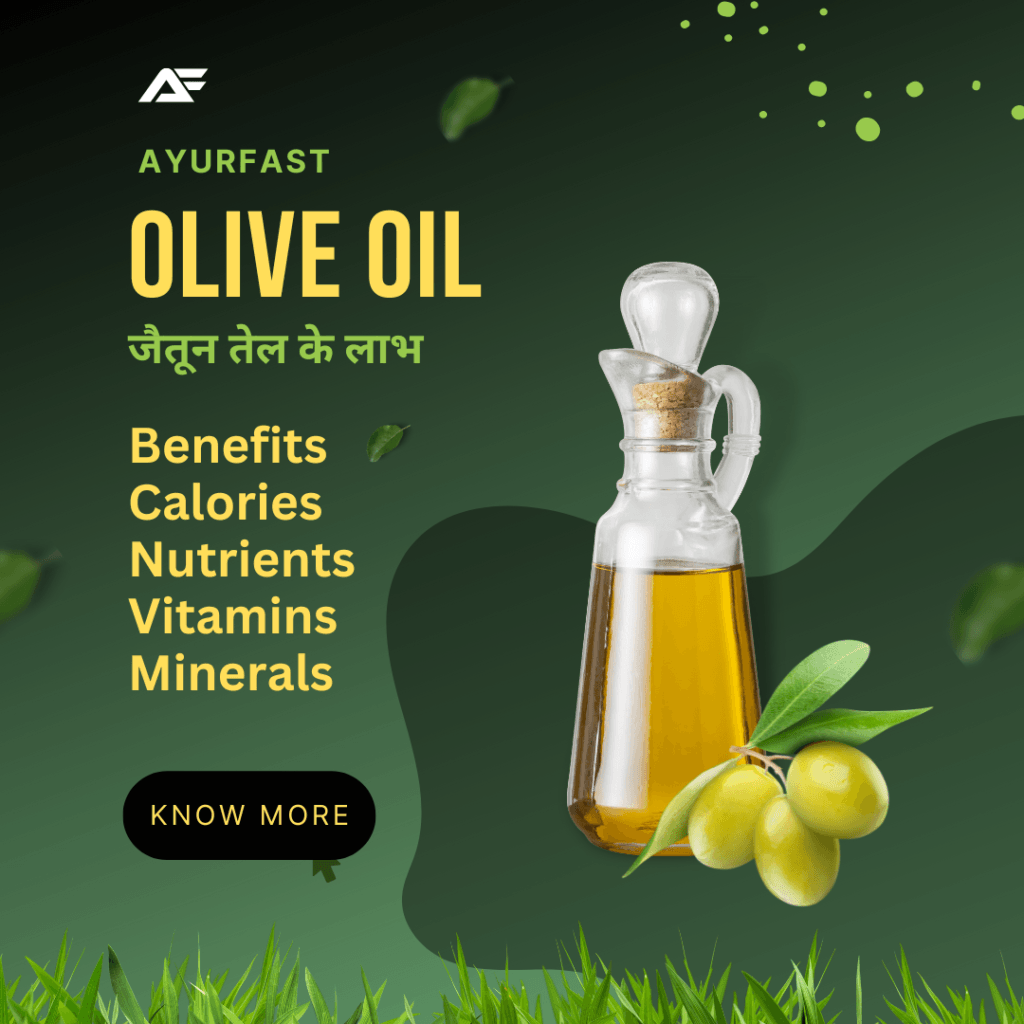
About
Cottonseed oil is a type of vegetable oil that is extracted from the seeds of cotton plants. It is commonly used in cooking and has a mild taste that makes it suitable for a variety of dishes. Here’s some information about cottonseed oil’s health benefits, preparation method, uses, maximum daily consumption, and nutrient profile:
Health Benefits of Cottonseed Oil:
-
Heart Health: Cottonseed oil is rich in polyunsaturated fatty acids (PUFAs) that help to lower cholesterol levels and reduce the risk of heart disease.
-
Anti-inflammatory properties: It has been found that cottonseed oil contains antioxidants that have anti-inflammatory properties, which can help reduce inflammation in the body.
-
Skin health: The high Vitamin E content of cottonseed oil is beneficial for the skin. It can help reduce the signs of aging, improve skin elasticity, and moisturize the skin.
-
Boosts Immunity: Cottonseed oil contains Vitamin E and other antioxidants that can help to strengthen the immune system.
Health Losses of Cottonseed Oil:
-
High in Omega-6 Fatty Acids: Cottonseed oil is high in omega-6 fatty acids which can lead to inflammation if consumed in excess.
-
Contains Trans Fat: Some cottonseed oil products contain trans fats which are associated with an increased risk of heart disease.
Preparation Method of Cottonseed Oil:
-
Extraction: Cottonseed oil is extracted from cotton seeds using a mechanical or chemical process.
-
Refining: The oil is then refined to remove impurities and improve its quality.
Treatments that Cottonseed Oil can be used for:
-
Cooking: Cottonseed oil is often used in cooking due to its mild flavor and high smoke point.
-
Baking: It can be used as a substitute for other types of oils in baking.
-
Salad Dressings: Cottonseed oil can be used in salad dressings due to its mild flavor.
Maximum Daily Consumption:
The maximum daily consumption of cottonseed oil should be limited to:
- Child: 1 tablespoon (15ml) per day
- Adult Man: 2 tablespoons (30ml) per day
- Adult Women: 1.5 tablespoons (22.5ml) per day
Energy, Macronutrients, and Water Content per Serving (50g)
| Nutrient | Amount |
|---|---|
| Energy | 440 calories |
| Carbohydrates | 0g |
| Fats | 50g |
| Proteins | 0g |
| Fiber | 0g |
| Water | 0g |
Vitamins Found in Cottonseed Oil per Serving (50g)
| Vitamin | Amount |
|---|---|
| Vitamin A | 0mcg |
| Vitamin B1 (Thiamine) | 0mg |
| Vitamin B2 (Riboflavin) | 0mg |
| Vitamin B3 (Niacin) | 0mg |
| Vitamin B6 | 0mg |
| Vitamin B12 | 0mcg |
| Vitamin C | 0mg |
| Vitamin D | 0IU |
| Vitamin E | 10mg |
| Vitamin K | 0mcg |
| Folate | 0mcg |
| Biotin | 0mcg |
Minerals Found in Cottonseed Oil per Serving (50g)
| Mineral | Amount |
|---|---|
| Calcium | 0mg |
| Iron | 0mg |
| Iodine | 0mcg |
| Zinc | 0mg |
| Magnesium | 0mg |
| Phosphorus | 0mg |
| Potassium | 0mg |
| Sodium | 0mg |
| Chloride | 0mg |
| Copper | 0mg |
| Chromium | 0mcg |
| Fluoride | 0mcg |
| Molybdenum | 0mcg |
| Manganese | 0mg |
| Selenium | 0mcg |
What is Cottonseed oil used for?
Cottonseed oil is commonly used for cooking, as well as in the food industry, cosmetics, soap making, biodiesel production, and as an ingredient in animal feed.
Is Cottonseed oil healthy?
Cottonseed oil is considered healthy as it is low in saturated fat and high in healthy omega-6 fatty acids. It also contains vitamin E, an antioxidant that can help protect against disease.
How is Cottonseed oil made?
Cottonseed oil is made by extracting oil from the seeds of the cotton plant. The seeds are first cleaned, then crushed to remove the oil. The oil is then refined, processed, and packaged.
What are the benefits of Cottonseed oil?
Cottonseed oil can provide numerous health benefits, including lowering cholesterol, improving heart health, reducing inflammation, and promoting healthy skin and hair.
Is Cottonseed oil safe for cooking?
Yes, Cottonseed oil is safe for cooking as it has a high smoke point, making it suitable for frying, sautéing, and other high-heat cooking methods.
Can Cottonseed oil be used for skincare?
Yes, Cottonseed oil can be used for skincare as it is a natural moisturizer that can help soothe dry and irritated skin.
What is the smoke point of Cottonseed oil?
The smoke point of Cottonseed oil is around 450°F, making it suitable for high-heat cooking methods.
Is Cottonseed oil better than canola oil?
Both Cottonseed oil and canola oil have their benefits and drawbacks, so the choice between the two will depend on individual preferences and needs.
What is the shelf life of Cottonseed oil?
The shelf life of Cottonseed oil can vary depending on storage conditions, but typically ranges from six months to a year.
How does Cottonseed oil compare to other vegetable oils?
Cottonseed oil is similar to other vegetable oils in terms of nutritional value and cooking properties, but it has a unique flavor that sets it apart.
Is Cottonseed oil non-GMO?
Some Cottonseed oil products are non-GMO, while others are not. It is important to check the label when purchasing to ensure that it meets your dietary preferences.
What is the nutritional value of Cottonseed oil?
Cottonseed oil is high in healthy omega-6 fatty acids, vitamin E, and other nutrients that can provide numerous health benefits.
Does Cottonseed oil contain trans fats?
Cottonseed oil is naturally trans fat-free, but some refined products may contain trace amounts of trans fats.
What is the difference between refined and unrefined Cottonseed oil?
Refined Cottonseed oil has been processed to remove impurities and improve flavor, while unrefined Cottonseed oil has a stronger, more distinct taste and may contain more impurities.
How is Cottonseed oil used in the food industry?
Cottonseed oil is commonly used as an ingredient in processed foods, snack foods, and salad dressings.
What is the environmental impact of Cottonseed oil production?
Cottonseed oil production can have an environmental impact due to the use of pesticides and other chemicals in cotton farming. However, sustainable agriculture practices can help mitigate these effects.
What is the role of Cottonseed oil in biodiesel production?
Cottonseed oil can be used as a feedstock for biodiesel production, making it a renewable alternative to fossil fuels.

